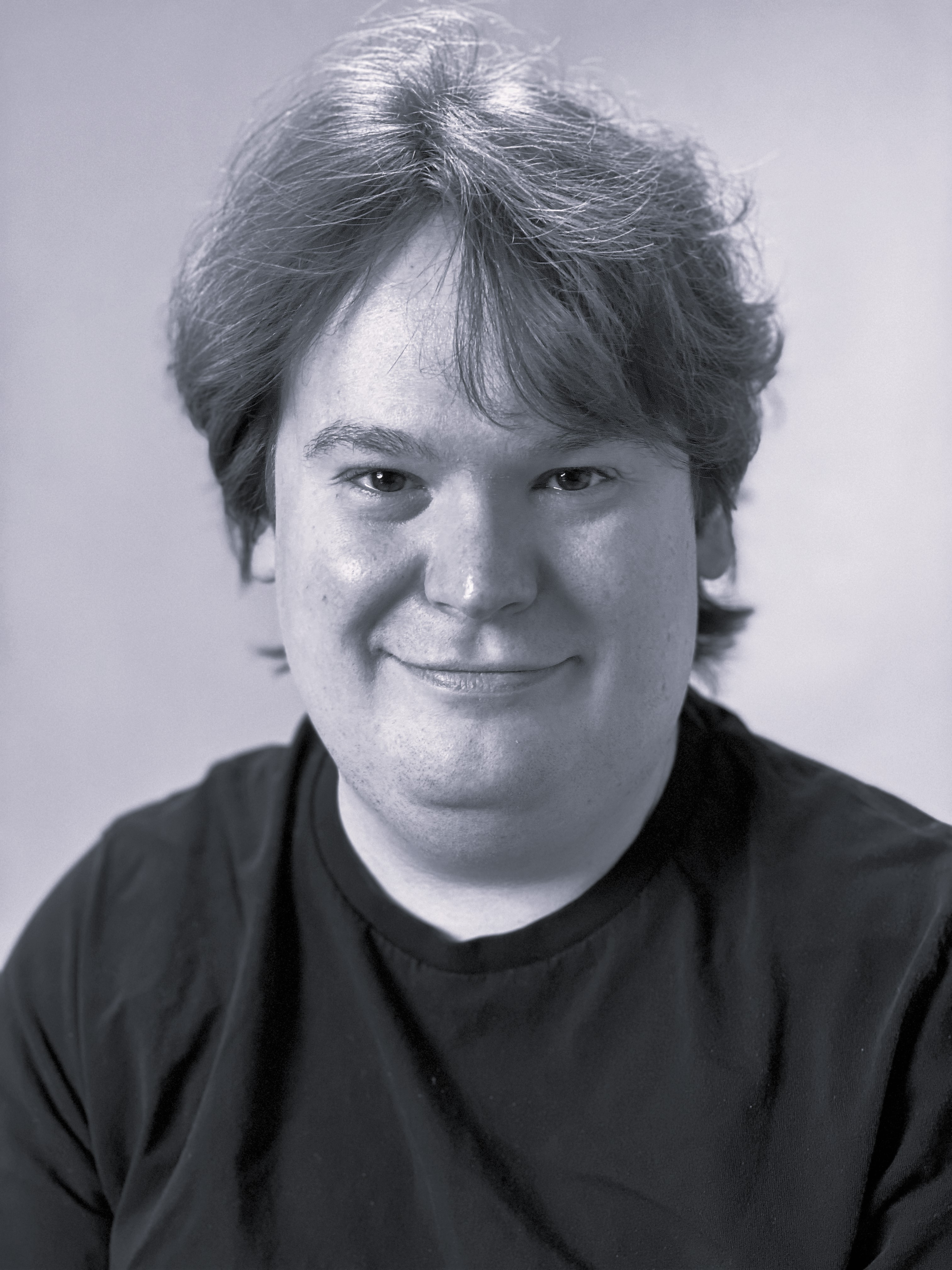Dr Alexander Thomas BA MA PhD (Bris.)

Dr Alexander Thomas is a researcher and web designer. Originally from Hertfordshire, Alexander holds undergraduate , masters and doctoral degrees from the University of Bristol.
His PhD in Archaeology and Anthropology examined the archaeological and manuscript landscapes of the late 9th century AD Danelaw Boundary. A paper based on Alexander's research was a top-3 finalist at the 2020 John Hurst Memorial Prize , organised by the Medieval Settlement Research Group. During his studies, Alexander also led various seminars, tutorials and workshops for first and second year anthropology and archaeology students.
Alexander has worked as a proof-reader with Pen & Sword Books for their archaeology and historical fiction imprints, including the following titles:
- Darwin's Apprentice: An Archaeological Biography of John Lubbock (Owen 2012).
- The Woodville Connection (Martin 2013).
- An Archaeological History of Britain (Eaton 2014).
- Early Ships and Seafaring Volumes 1 and 2 (Grail 2014 & 2015).
- An Archaeology of Human Decapitation Burials (Tucker 2014).
- That Quiet Earth (Fellows 2014).
- How Compassion Made Us Human: An archaeology of prehistoric sentiment (Spikins 2015).
- An Anthology of Ancient Mesopotamian Texts (Franke 2016).
- William Boyd Dawkins and the Victorian Science of Cave Hunting: Three Men in a Cavern (White 2016).
- The Curse of the Pharaohs' Tombs': Tales of the Unexpected Since the Days of Tutankhamun (Harrison 2017).
Alexander has experience of various types of archaeological survey and of producing reports to Chartered Institute for Archaeologists’ (CIfA) standards.
His interests include art history and sailing. He has taken various courses at the Courtauld Institute of Art, London, and has completed several Royal Yachting Association (RYA) courses and qualifications.
Researcher
Alexander is an independent historical and archaeological academic researcher of the Early Medieval period.
Research Interests and Memberships
Alexander's primary research interests focus on Viking Age England, from around the late 8th century AD up to around AD1200. He is currently writing his first book for Amsterdam University Press , which will reappraise the historical and archaeological evidence for the Danelaw.
Alexander's research interests include:
- The impact and legacy of the Danelaw Boundary of the late 9th century AD
- Lordly and monastic land ownership within the Danelaw during the Viking Age
- The relationships between the various Anglo-Saxon legal texts within the Quadripartitus collection, especially those related to the Danelaw Boundary.
Alexander is a member of The Offa's Dyke Collaboratory Research Network and The Rochester Cathedral Research Guild . He contributes contextual articles to Rochester Cathedral's Textus Roffensis translation and transcription project led by Dr Christopher Monk .
Doctoral Research: The Danelaw Boundary
Agreed in the late 9th century AD between Kings Alfred and Guthrum, Alexander's doctoral research at the University of Bristol concerned the Danelaw Boundary (c. AD878 – 890) between the Danelaw and the Kingdom of Wessex. Alexander's lead supervisor was Dr Stuart Prior , and he was co-supervised by Dr Lucy Cramp and Professor Levi Roach (of Exeter University). He was also supervised by Professors Mark Horton and Joanna Bruck . Research included:
- the analysis of diverse data sources and the identification of anomalous patterns
- the formulation of a methodology to examine a varied dataset, compiled from broad sources, using flat databases as well as landscape and data visualisation
- the development of solutions to resolve research problems by adapting multidisciplinary methods.
Conferences, Lectures and Events
During and after his doctoral research, Alexander has been a chair, panellist, and speaker at various international medieval studies and medieval archaeology conferences, including at the Universities of Bristol, Durham, Lincoln, and Oxford. He has also given lectures to archives and to societies, such as the Medway Archives and Hertfordshire Anglo-Scandinavian Society respectively. Alexander has also co-organised several postgraduate archaeology and medieval conferences.
Speaker Invitations
Alexander accepts requests to speak at events and conferences on various aspects of the Viking Age and Viking Age governance. Please email him if you wish to enquire.
“Highly knowledgeable speaker, giving in-depth detail. Excellent visual presentation. Well delivered.”
“Very informative, interesting to discover facts about Danelaw and early Kings. Fascinated by depth of research.”
“A 'tour de force' of research and scholarship. Quite mind-blowing.”
Forthcoming Events
Monday 1st - Thursday 4th July 2024
International Medieval Congress 2024: Crisis
Session 328: Overstepping the Mark: Responses to Crisis in Times of Transition
A Crisis of Uncertainty and Impermanence? The Danelaw Boundary in Bedfordshire.
Abstract: The Danelaw Boundary was created around the late AD880s by Kings Alfred, of Wessex, and Guthrum, of East Anglia, through the Treaty of Alfred and Guthrum. The Boundary mostly followed topographical features such as rivers and roads. Yet it is where the Boundary traversed Bedfordshire from the River Lea’s source ‘on gerihte to Bedanforda’ a potential crisis arose, as RHC Davis identified. Did the Danelaw Boundary in Bedfordshire create a crisis for Alfred and his successors? Is there an accurate route the Boundary took through Bedfordshire? This paper will explore these questions through archaeological and historical evidence.
Teaching and Marking
Alexander has led various seminars, tutorials and workshops, on archaeological practice and theory units, for first and second year anthropology and archaeology undergraduates including:
- Comparative World Archaeology
- Pre-Excavation Techniques (renamed Archaeological Practice )
- Social Theories
- Material Culture
Alexander also has experience of marking first and second year undergraduate essays and exams.
Website Designer
Alexander has developed and built a variety of fluid websites for the media, education, and heritage sectors. He also has experience of building user platforms, possessing a working knowledge of the development and deployment of Progressive Web Apps (PWAs).
He is fully competent in Microsoft Office suite, Adobe Creative Cloud (including Adobe Illustrator, InDesign and Dreamweaver), Quantum GIS (QGIS), ReflexW, Geoplot, and TerraSurveyor. He also has a working knowledge of Python, HTML, CSS, PHP, JavaScript and SQL.
Copyright © . Dr Alexander Thomas.